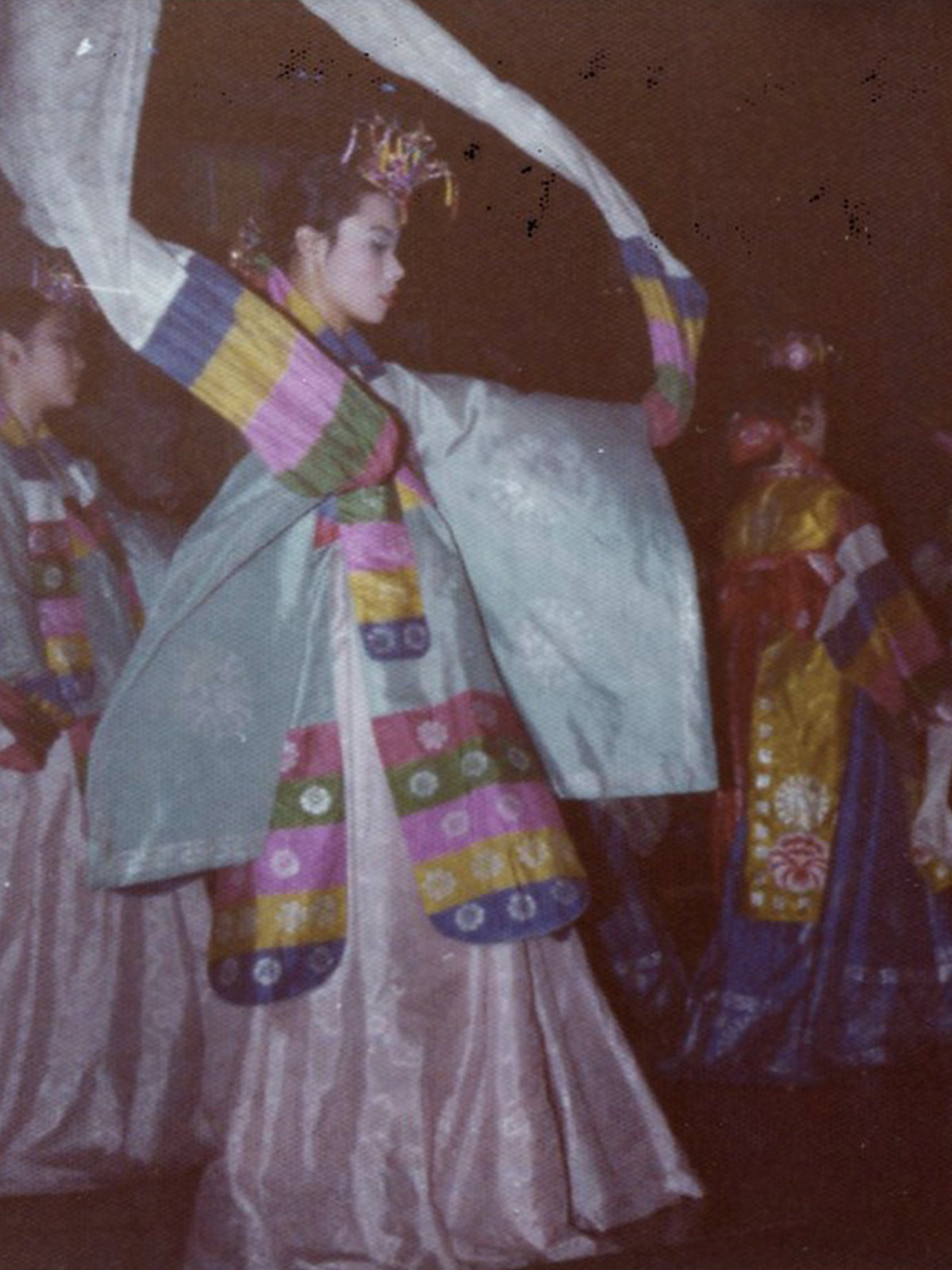Why black market beauty products from South Korea are a threat to the authoritarian regime.
Feminists movements including The Escape the Corset movement are sweeping across South Korea as some women begin to push back against beauty standards in the country that created the K beauty sensation. But while women in South Korea are protesting by skipping their make-up routines and switching contacts and skirts for glasses and pants, handfuls of women in their neighboring country to the North are rebelling in a much different way. While some women scandalously take off make-up in South Korea, in North Korea, women are scandalously putting on make-up—and not just any make-up but illegal South Korean products dangerously smuggled across the border.
“There are famous jokes [told among] North Korean women who plan to marry,” explains Professor Nam sung-wook, chair of the department of North Korean Studies at Korea University and co-author of the book North Korean Women and Cosmetics. The professor is a leading expert on cosmetics in North Korea and has contributed to almost all online writing on the topic. The joke, according to Nam goes something like this: “He is a good groom and husband if the woman receives South Korean cosmetics as a wedding present—she may be well married. If she receives North Korean cosmetics, the woman may be ordinarily married. When the woman receives Chinese cosmetics, she may be not well married. It represents the quality of cosmetics: South Korean, A; North Korean, B; and China, C.”
From government-issued hairstyles to a strict dress code and even regulations on make-up, compulsory uniformity of appearance is one of many ways the North Korean regime maintains dominance. The rule here is not that North Korean women cannot wear make-up, they just cannot wear make-up that is not part of the government-created beauty industry, also known as N.K. beauty. These products are only available to elite women and even then are typically only distributed to them ahead of a big national event. But a thriving black market of smuggled South Korean beauty products indicates N.K. beauty is not satisfactory to the women of North Korea—and they are willing to risk detainment in prison camps to get the mascara they want.
According to Professor Nam sung-wook, N.K. beauty was not meant to control women but to garner their support. “When [Kim Il-sung] began the socialist regime in the northern part of the Korean peninsula, he felt many men had passive and non-energetic positions toward the policy since they had never been experienced before,” he explains. “Kim emphasized the huge role and function of women in the process of a socialist country.”
But what was once used to harness the power of women is now used to control them. “Socialist [totalitarian] countries like North Korea believe that the structure governs the contents. Structure means the physical appearance of its citizens, while contents are action patterns and an obedient attitude toward the dictator of the regime,” Dr. Nam comments. “Therefore, the guideline of physical appearance is very important for the regime to effectively control and lead the citizens.”
Because of this focus on uniformity, to go against the look predetermined by the regime is, in a way, an act of rebellion. The beauty black market is part of a broader, highly lucrative smuggling business that also includes banned clothing (i.e. any clothing that does not follow the dress code) and flash drives filled with South Korean movies and TV dramas. As Dr. Nam says, “They just envy [South Korea] in consumption, and can’t protest against their regime [through democratic means] like strike and demonstration because of tight control and restrictions.”
Obviously, the desire for foreign products is not a popular trend in the eyes of the North Korean government. As Dr. Nam puts it, “[North Korea] has an emphasis on two points. One is that the regime just permits the trade of a limited quantity of [South Korean] items. Another is that the regime focuses on the propaganda of its superiority—even if they live well, [South Korea] politically depends on America. The representative catchphrase is ‘my country is best.’” The North Korean population’s exposure to popular imports from the outside world, whether soap operas or Choco·Pies, is a fundamental threat to the supremacy of the county’s system. As North Korean women partake in the beauty black market, they achieve more than dewy skin or long lashes—through these small acts they undermine the sovereignty of a totalitarian regime.








